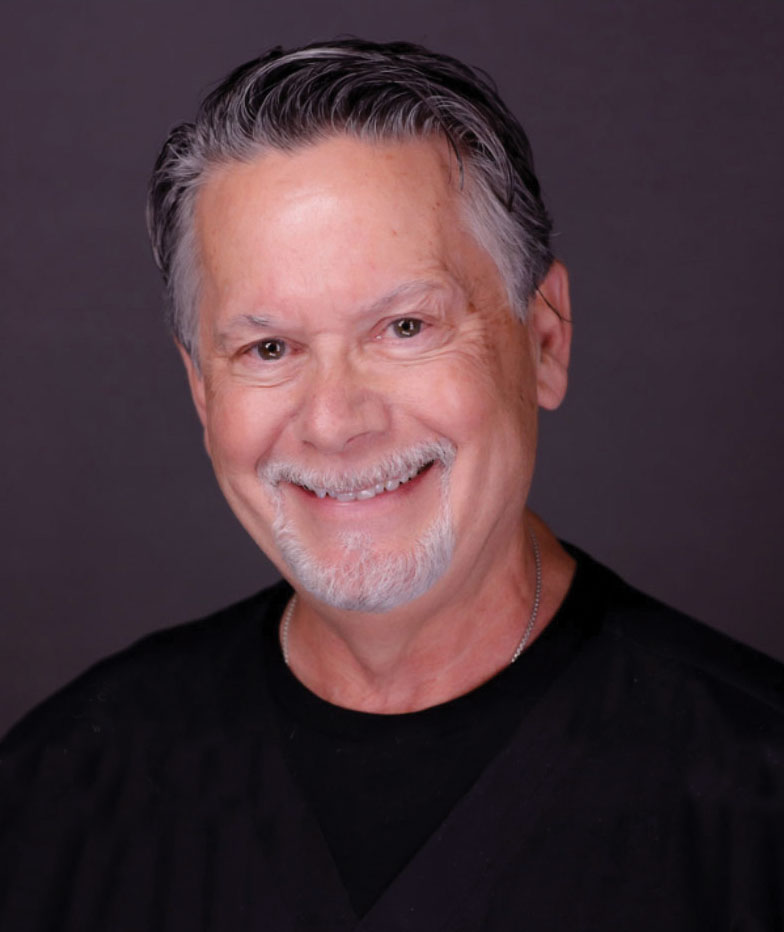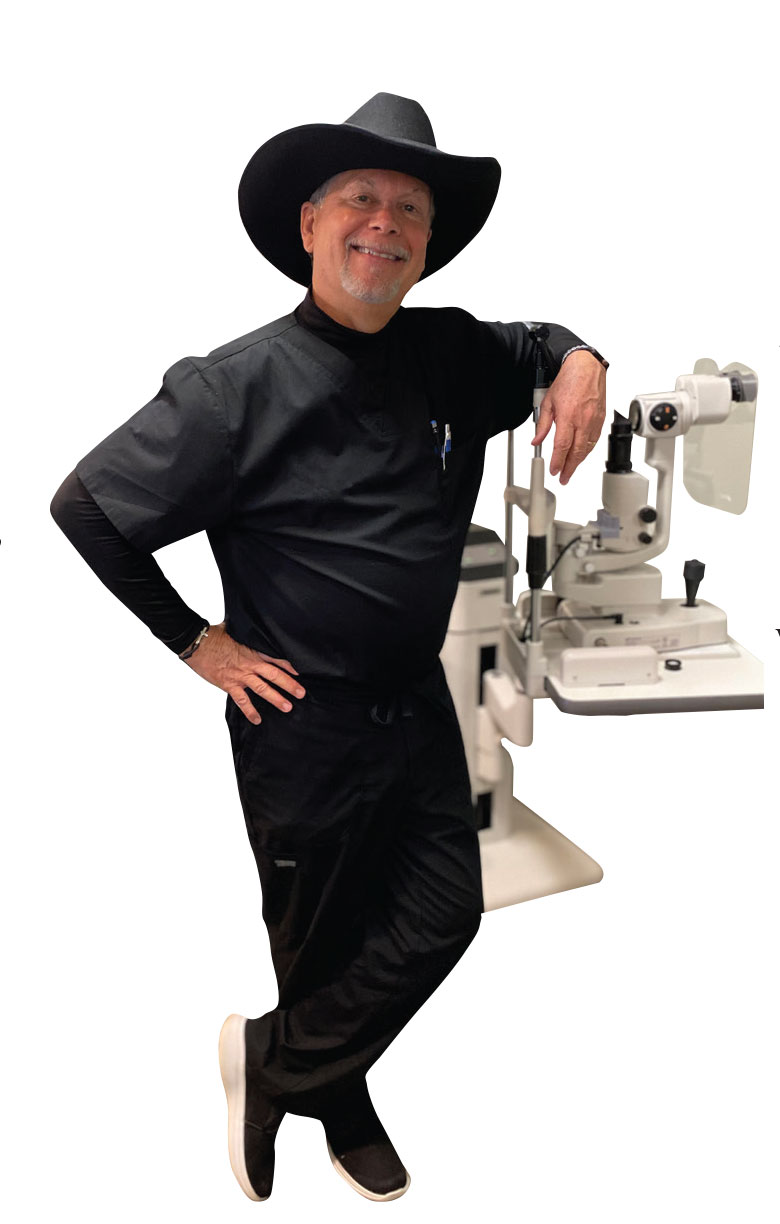 |
As medical professionals, we optometrists tend to believe that every move we make is determined by science, training and experience. Our patients also believe that all doctors are consistently guided by these same three pillars that give us the amazing honor to provide care to them and their families.
Certainly, science, training and experience are very important. But, my dear patient, I need to remind you that all your doctors are, first and foremost, human beings. Well, the vast majority are… there are always a few autobots out there. We call them the CDC. But the rest of us, I can assure you we have emotions.
In 1970, Dr. Paul Ekman applied his considerable experience as a psychologist to determine that there are six major emotions: happiness, surprise, sadness, fear, anger and obviously, my favorite, disgust, i.e., no-shows.
Now, just because you are human doesn’t mean you should let your emotions take over completely. On the other hand, sometimes our patients do deserve to see that we are just like them… crazy.
I’ve ranked the six major emotions by order of importance. This is my opinion, which is, well, true. Here is the list:
1. Happiness. If you are not happy at work, your patients and employees won’t be either. These folks are your mirrors. If you hate what you do, they will hate what you do and what they do, too. Not good. I know a ton of optometrists, and the good ones smile and laugh a lot. It could be chemically induced, but whatever works. I have considered pumping just a tiny amount of nitrous oxide into our air filtration system at the office, but the Board says no.
 |
2. Surprise. I know you are smart. After all, that’s what you told me. I know you know what you are doing. That’s also what you told me. However, be open to the beauty of mystery. I love it when I learn something new even if it is because I am not that smart and do not always know what I am doing. When sufficiently surprised, I just refer to #1 first, and then I learn. Well, maybe I do get depressed for a few weeks first, but that’s beside the point.
3. Sadness. Maybe the surprise thing was worse than I thought. Heck, a good cry just makes my contacts feel better. The glass is half full.
4. Fear. I have grown to love that little nugget of dread. When we see a symptom, a spot, a bump, a 20/20 OD with a 20/30 OS, we should take a moment to thank our lucky stars that we have a built-in radar called fear. Fear keeps you out of a lot of dark alleys, right? Fear means you are human. The darkness of fear helps you recognize the bright flash of joy when it finally shows up, as in, “You’re kidding. Those bifocal contacts are working?” Fear leads to insomnia, which leads to watching reruns of Breaking Bad at 4am. That’s the worst it can do.
5. Anger. Don’t fight fear with anger. Leave that to the patients who lose their minds because a screw came out of the hinge and they think you are going to blame them. I know, you cannot always avoid a touch of anger. Just take a deep breath when you feel it coming and at least take a moment to realize you are an optometrist which means just about anybody under age 97 can whoop you so do not escalate. Instead, try smiling. It’s hard to be angry when you smile. Wait, though! If it’s not you but the patient who is angry, DO NOT SMILE. Unless of course your kid is an oral surgeon who can replace the teeth Mrs. Jones knocks out of your grin. (Mine is. Therefore, I smile.)
6. Disgust. It’s so easy to be disgusted, right? I mentioned no-shows. Yuck. My lab has supply chain issues with the AR we like. Yuck. I had a patient who was a 62-year-old chemical engineer with an Rx of Plano -2.25x124 with a +2.25 add, and he could never wear any glasses from any doctor he ever saw before me. He wanted to try contacts for the first time because his 24-year-old daughter who had an Rx of -3.00 OU really loved her contact lenses. Double yuck. I referred him to my partner… the one who drank my diet soda last week.
I feel better. Now, back to happiness!
Dr. Vickers received his optometry degree from the Pennsylvania College of Optometry in 1979 and was clinical director at Vision Associates in St. Albans, WV, for 36 years. He is now in private practice in Dallas, where he continues to practice full-scope optometry. He has no financial interests to disclose.

